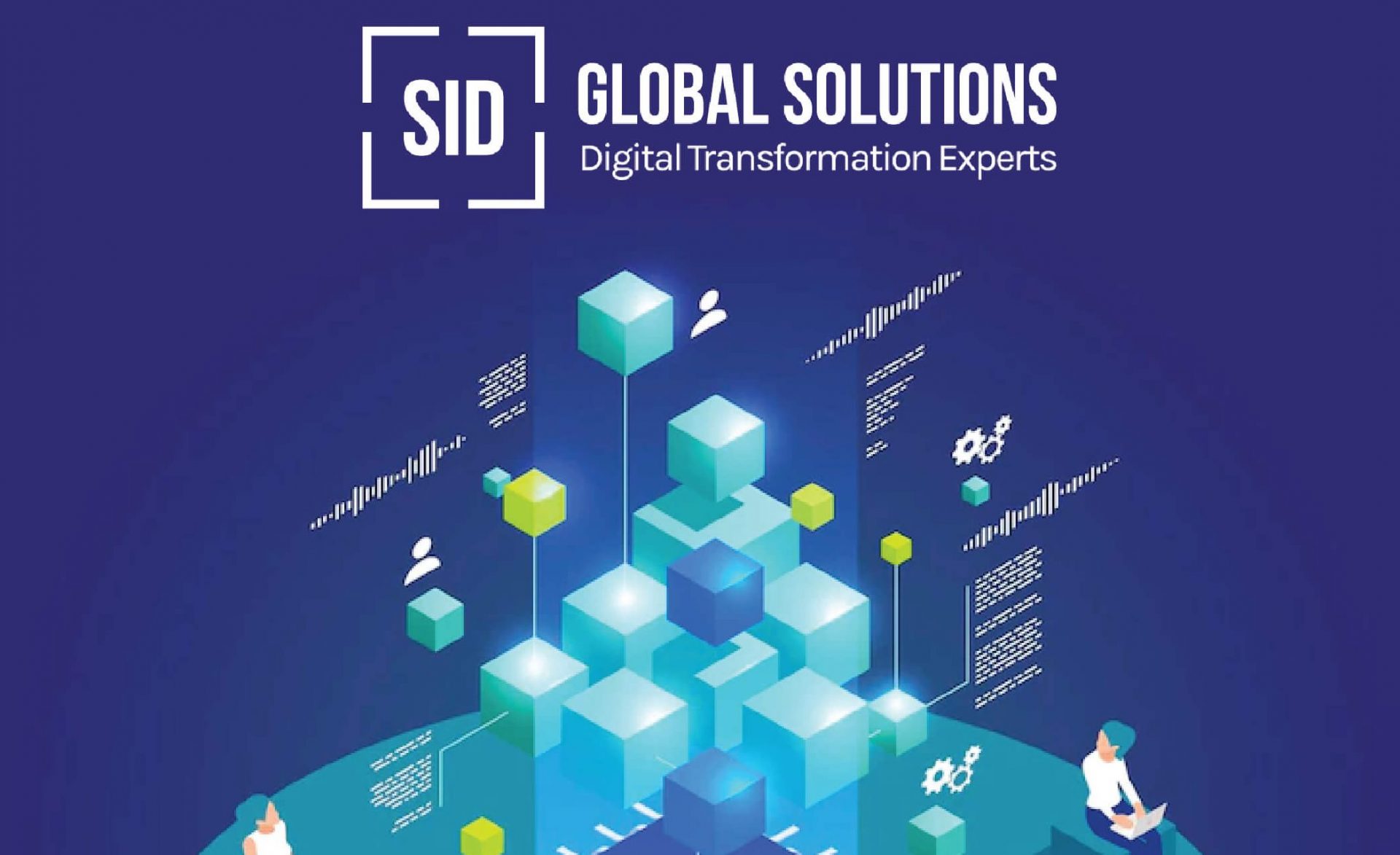Blogs
To know about all things Digitisation and Innovation read our blogs here.
Digital Transformation
Digital Transformation Challenges That Organizations Must Overcome
SID Global Solutions
1 March 2023

Digital transformation has been a buzzword in the business world for a while now. As we move towards a more digitally-driven world, organizations need to transform their operations to keep up with the changing landscape. While digital transformation offers many opportunities for businesses to grow, there are also numerous challenges that organizations must overcome to make the transition successfully.
In this comprehensive guide, we will explore some of the biggest digital transformation challenges that organizations face and how to overcome them.
- Resistance to Change
- Legacy Systems
- Cybersecurity Risks
- Lack of Digital Skills
- Integration Challenges
- Data Management
- Cost Constraints
- Regulatory Compliance
Also Read: Three Pillars of Digital Transformation: Governance, Culture, and Change Management
1. Resistance to Change
One of the most significant challenges that organizations face when it comes to digital transformation is resistance to change. Many employees may feel comfortable with the way things have always been done and may not want to change the way they work. This resistance can be a significant obstacle to digital transformation efforts, as it can slow down or even halt progress.
To overcome resistance to change, organizations must communicate the benefits of digital transformation clearly. Employees need to understand how the changes will impact their work and how it will help the organization achieve its goals. It is also essential to involve employees in the process of digital transformation, so they feel like they are part of the solution and not just being told what to do.
2. Legacy Systems
Another challenge that organizations face is dealing with legacy systems. Many businesses have systems and processes in place that have been used for years, making it difficult to switch to new technologies. These legacy systems may be outdated, incompatible with new technologies, and may require significant time and resources to update.
To overcome this challenge, organizations must develop a comprehensive plan for transitioning from legacy systems to new technologies. This plan should take into account the cost, time, and resources needed to upgrade or replace legacy systems. It is also important to involve IT professionals and other stakeholders in the process to ensure that the transition is smooth and successful.
3. Cybersecurity Risks
With digital transformation comes new cybersecurity risks. As organizations become more reliant on technology, they are also more vulnerable to cyber attacks. Cybersecurity threats can lead to data breaches, financial losses, and damage to the organization’s reputation.
To overcome cybersecurity risks, organizations must take a proactive approach to cybersecurity. This includes implementing strong cybersecurity measures, such as firewalls, antivirus software, and multi-factor authentication. It is also essential to educate employees about the importance of cybersecurity and how to prevent cyber attacks.
Also Read: How to Implement Sustainable Digital Transformation in Public Services
4. Lack of Digital Skills
Digital transformation requires employees to have new skills and knowledge to work with new technologies effectively. Many organizations struggle with a lack of digital skills among their workforce, which can hinder digital transformation efforts.
To overcome this challenge, organizations must invest in training and development programs to help employees acquire the necessary digital skills. This can include training on new technologies, digital literacy, and cybersecurity awareness. It is also important to hire employees with the required digital skills to fill any gaps in the workforce.
5. Integration Challenges
Digital transformation often involves integrating new technologies with existing systems and processes. This can be a significant challenge, as different systems may not be compatible with each other, leading to inefficiencies and errors.
To overcome integration challenges, organizations must develop a comprehensive integration plan. This plan should involve IT professionals and other stakeholders, and should take into account the cost, time, and resources needed to integrate new technologies with existing systems. It is also important to test the integration thoroughly to ensure that it works correctly and does not create any new problems.
6. Data Management
Digital transformation generates a vast amount of data, which can be challenging to manage effectively. Organizations must be able to collect, store, and analyze data to gain insights and make informed decisions.
To overcome data management challenges, organizations must develop a comprehensive data management strategy. This strategy should involve identifying the types of data that are essential for the organization, establishing data governance policies, and implementing data management tools and technologies. It is also important to ensure that data is accurate, complete, and secure.
Also Read: Three Waves of Digital Transformation: What You Need to Know to Stay Ahead
7. Cost Constraints
Digital transformation can be costly, and many organizations may not have the financial resources to invest in new technologies and processes.
To overcome cost constraints, organizations must develop a clear business case for digital transformation that outlines the potential benefits and return on investment. It is also essential to prioritize digital transformation initiatives based on their potential impact on the organization and the resources available. Additionally, organizations can explore partnerships and collaborations to share the cost and risk of digital transformation initiatives.
8. Regulatory Compliance
Digital transformation may bring new regulatory challenges, as organizations must comply with laws and regulations related to data privacy, security, and other areas.
To overcome regulatory compliance challenges, organizations must stay up-to-date with the latest regulations and develop policies and procedures to ensure compliance. This includes implementing appropriate data privacy and security measures, such as encryption and access controls, and training employees on compliance requirements.
Conclusion
Digital transformation is essential for organizations that want to stay competitive in today’s digital landscape. While there are many challenges associated with digital transformation, organizations can overcome these challenges by developing a comprehensive plan, involving stakeholders, investing in training and development, and prioritizing initiatives based on their potential impact.
By overcoming these challenges, organizations can reap the benefits of digital transformation, including increased efficiency, improved customer experience, and increased revenue and profitability.
SID Global Solutions is a leading technology consulting and software services company that helps organizations overcome digital transformation challenges. SID Global Solutions has a team of experienced consultants and IT professionals who work closely with clients to develop comprehensive digital transformation strategies and implementation plans.
SID Global Solutions helps organizations address challenges related to legacy systems, data management, cybersecurity, and integration by providing customized solutions that meet the specific needs of each client. Additionally, SID Global Solutions offers training and development programs to help employees acquire the digital skills needed for digital transformation.
Also Read: How Digital Transformation is Shaping the Future of Customer Experience?
With a focus on innovation and customer satisfaction, SID Global Solutions is committed to helping organizations overcome digital transformation challenges and achieve their business goals. Whether it is upgrading legacy systems, integrating new technologies, or implementing cybersecurity measures, SID Global Solutions provides the expertise and support needed to ensure a smooth and successful digital transformation.









